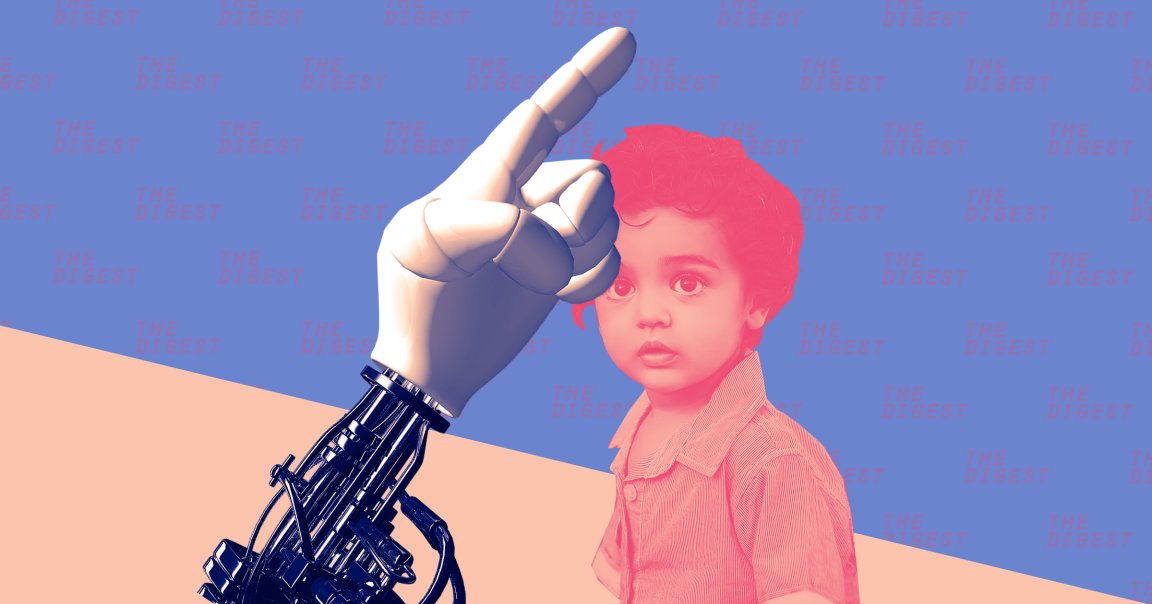
PEER PRESSURE. “If all your friends jumped off a bridge, would you jump, too?” We know, parents, we should say no and not succumb to peer pressure, the influence of a peer group on one’s attitudes, values, or behaviors.
But it’s not just humans that parents should worry about influencing their children. Turns out, kids are also susceptible to peer pressure from social robots, autonomous bots designed to interact with humans on a social level, according to a team led by Bielefeld University researcher Anna-Lisa Vollmer.
The team published its study on this robot peer pressure Wednesday in the journal Science Robotics.
CONFEDERATES. To understand the impact of robot peer pressure, the researchers conducted a two-part experiment.
For the first part, they divided 60 adult volunteers into three groups. They were all assigned the same task: verbally estimate the length of a target line based on three other lines.
The people in one group were asked to complete the task alone — they served as the control. In the second group, the researchers asked each person to complete the task with three human “confederates,” people who seemed like other volunteers but who were really a part of the research team. The volunteers in the last group completed the task along with three robot confederates.
The researchers mixed up the order in which the volunteers and confederates responded, and about two-thirds of the time, the confederates gave the wrong answer to the question. The researchers found that the volunteers’ accuracy was significantly worse when they were in a room with human confederates giving the wrong answers. Robot confederates did not affect the volunteers’ accuracy.
Next, the researchers conducted a version of the experiment with children, this time splitting the 43 volunteers between the ages of 7 and 9 into just two groups. The children in one group served as the control, and the children in the other group completed the task with three robot confederates.
This time, the researchers found that the answers of the robot confederates had a significant influence on the children’s accuracy. In fact, 74 percent of the time children gave the wrong answer, it was word-for-word the same answer as the robots gave.
BAD NEWS BOTS. This pull that robots have to influence children? It’s not some future concern. Researchers have already created a number of social robots designed specifically to interact with children, from ones that help children with autism develop social skills to ones that interact with children in hospitals.
While these robots are highly unlikely to encourage children to do anything that might cause them harm on their own, robots are machines, and people can hack machines. It’s not inconceivable that someone could use a social robot in the future to lure a child into a dangerous situation. Now that we know how susceptible children are to robot peer pressure, we know that it’s extra important to teach them to think for themselves.
READ MORE: Unlike Adults, Children May Give Into Peer Pressure From Robots [EurekAlert]
More on robots: Interacting With This Therapy Bot Can Help Children With Autism Perfect Their Social Skills